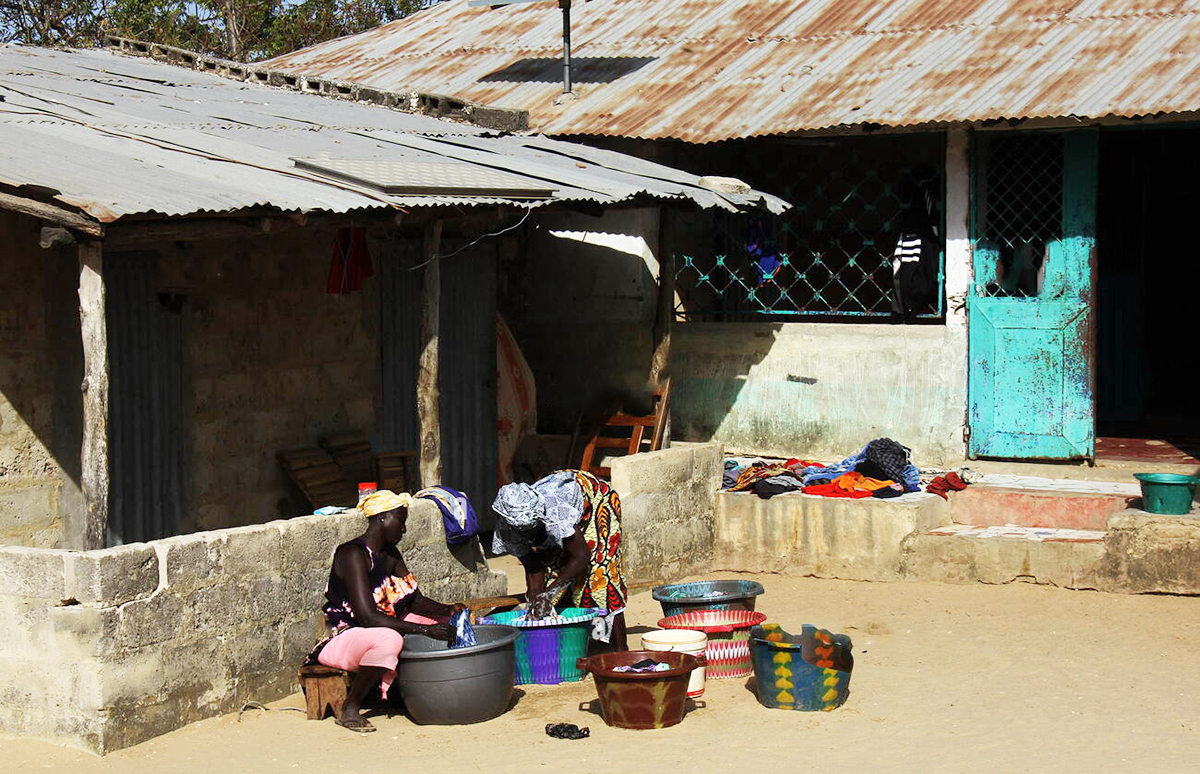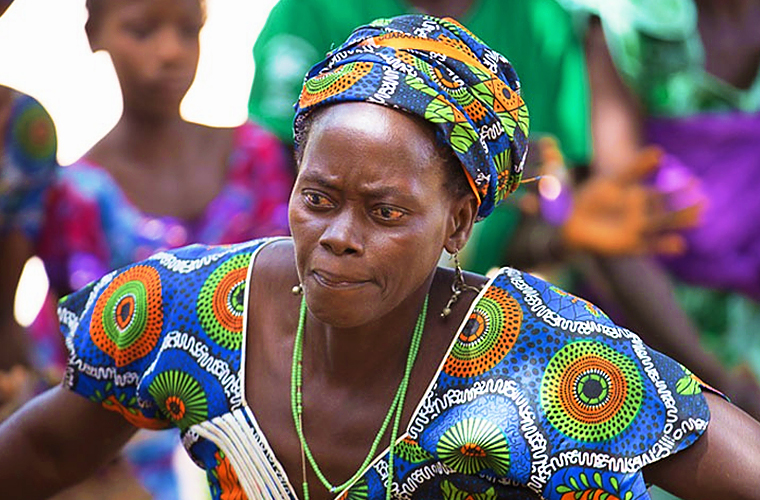The Jola people, also known as Diola, are an ethnic group primarily residing in the West African countries of Senegal, Gambia, and Guinea-Bissau. They have a distinct cultural heritage and are known for their agricultural practices, vibrant traditions, and close connection to the land. Language: The Jola people have their own language, also called Jola or Diola, which belongs to the Niger-Congo language family. There are several dialects of Jola spoken by different subgroups within the Jola community.
Agriculture and Livelihood: The Jola are predominantly farmers, relying on agriculture as their primary livelihood. They cultivate crops such as rice, millet, corn, yams, and peanuts. Fishing and livestock rearing are also important economic activities for some Jola communities, particularly those living in coastal areas.
Social Structure: Jola society is organized into clans or lineages called “Kas” or “Koss,” which are patrilineal in nature. Each lineage is led by a chief, known as the “Kumasaat,” who is responsible for maintaining order, resolving disputes, and representing the lineage’s interests.

Religion and Beliefs: The majority of Jola people follow traditional religious beliefs, characterized by animism and ancestral worship. They believe in the existence of spirits and deities associated with natural elements such as forests, rivers, and mountains. Ancestor veneration is an essential aspect of their religious practices, and rituals and ceremonies are conducted to honor and seek guidance from the spirits and ancestors.
Music and Dance: Music and dance hold significant importance in Jola culture. The Jola people are known for their vibrant musical traditions, featuring various instruments such as the kora (a stringed instrument), balafon (a wooden xylophone), and drums. Dance forms like the “Kumpo” and “Sankufa” are performed during festive occasions, rituals, and celebrations. Art and Craft: The Jola people have a rich artistic heritage expressed through various forms, including woodcarving, pottery, weaving, and basketry. Intricate wood carvings, masks, and sculptures are crafted for ceremonial purposes, as well as for utilitarian and decorative objects.
The Jola people have also made contributions to the cultural and political spheres in their respective countries, with notable individuals excelling in fields such as politics, literature, and music. Overall, the Jola culture is characterized by a deep connection to the natural world, strong community ties, and a rich artistic and spiritual tradition.

